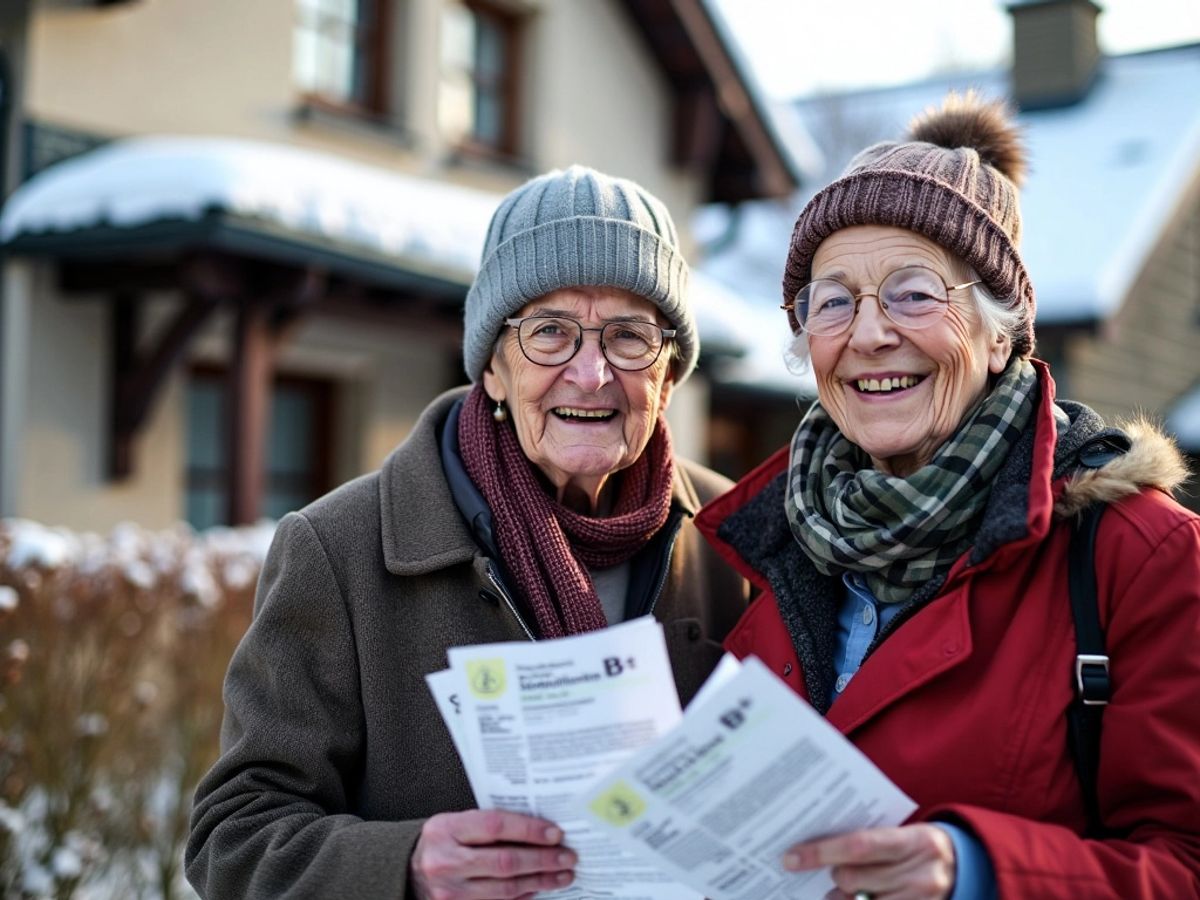British pensioners living in Europe have claimed over £235 million in winter fuel payments since the scheme began in 2002. Despite residing outside the UK, many retirees on the continent are eligible for the £300 annual energy bill subsidy..
Background of the Scheme
The winter fuel payment scheme was introduced to help pensioners with their energy bills during the colder months. Since 2002, British pensioners residing in Europe have been eligible for this benefit, provided they have a ‘genuine and sufficient’ link to the UK, such as having lived or worked in Britain.
Recent Statistics
During the 2022/23 winter, £18.3 million was spent on nearly 36,000 ex-pats and former residents. The cumulative total since the scheme’s inception has reached £235.5 million. The Department for Work and Pensions reported that 28,000 of these recipients reside in Ireland, with 2,200 in Germany and nearly 1,700 in Italy.
Criticism and Controversy
The scheme has come under scrutiny, especially with the recent proposal by the Labour government to means-test winter fuel payments in England and Wales. This move could see around 10 million pensioners lose their subsidies. Critics argue that it is unfair to strip payments from pensioners in the UK while those living abroad remain unaffected.
Government Response
Chancellor Rachel Reeves announced that all winter fuel subsidies in England and Wales would be means-tested to address a £22 billion deficit in public finances. However, ex-pats already receiving the subsidy will continue to do so, provided they receive an equivalent benefit to pension credit in their country of residence.
Future Projections
Updated figures for the 2023/24 winter are expected soon, likely pushing the cumulative total past £250 million. The government has also tightened eligibility rules, excluding British expats in countries like France and Spain from claiming the benefit.
Conclusion
The winter fuel payment scheme for British pensioners in Europe has provided significant financial support over the years. However, the recent controversy and proposed changes highlight the ongoing debate about fairness and the allocation of public funds.













